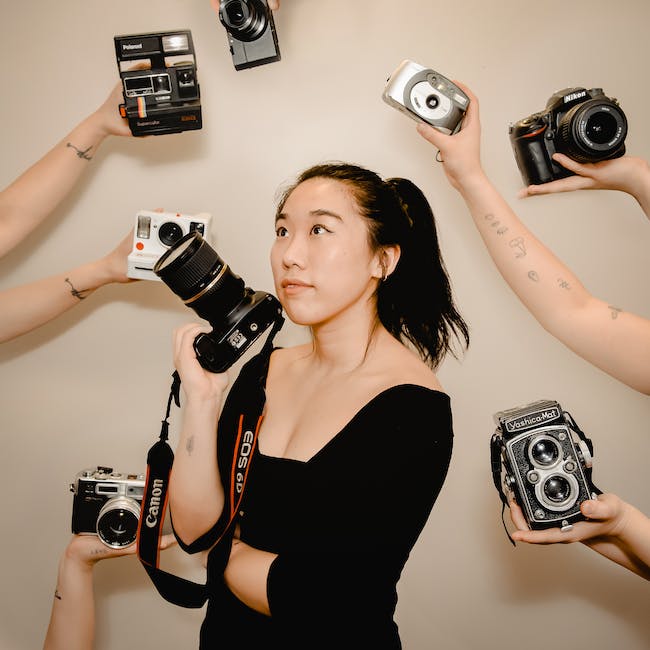Creative burnout: when the creativity tap runs dry

Creative burnout is a state of emotional, physical, and mental exhaustion around creative work. Whether they know it or not, any designer, writer, entrepreneur, photographer or creator has experienced it at least once. The symptoms can be hard to pinpoint, and the potential causes are many.
Symptoms of creative burnout
Procrastination: Putting off work for a couple of days because you don’t feel like you have enough mental energy is nothing to worry about
- Constant exhaustion: If physical exhaustion is sustained over a long period of time despite a decent amount of sleep, you may be burning out
- Inexplicable stress: Creative work can be stressful, complicated projects with many moving parts, a pushy client… These factors can cause stress that’s within the Goldilocks curve and remain manageable.
- Unhealthy comparisons: Compare your output to that of fellow creators online and compare your productivity to their productivity and see if there is a negative correlation between your own and that of others
- Useless habits: Eating unhealthy food or eating more than usual, abandoning your exercise routine, drinking more alcohol… Irritability: Being more temperamental than usual
- Self-doubt: Thinking that you will never be good enough, that your work is pointless, or that you lack the necessary imagination
How to bounce back
Take a break – a few days off, with your out-of-office autoresponder on, where nobody will expect any work from you.
- Use the time to do things that have nothing to do work without feeling any guilt: spend time with your loved ones, read books, take naps, cook, watch movies, go on a weekend holiday in the countryside, take care of your plants…
- Make space for self-reflection – journal, reflect, etc.
Prevention is better than cure
The best way to deal with burnout is to avoid burning out in the first place
- Metacognition: being aware of your own awareness so you can determine the best strategies for learning and problem-solving
- Mindful productivity: consciously being present in the work while doing it
- Habits, routines, rituals: making sure you have the basics covered in terms of mental and physical health
- Information diet: managing the quantity and quality of content you consume
- Structured distraction: alternate between focus and distraction

